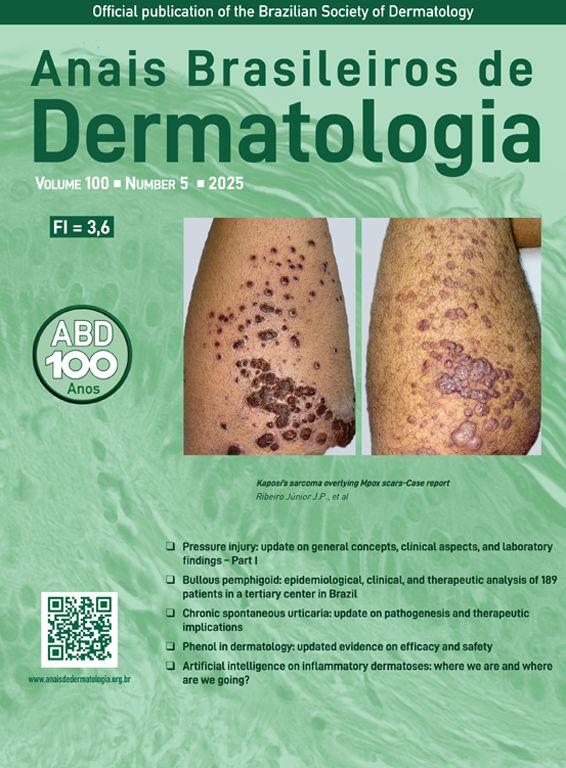was read the article
| Year/Month | Html | Total | |
|---|---|---|---|
| 2025 10 | 77 | 39 | 116 |
| 2025 9 | 211 | 99 | 310 |
| 2025 8 | 153 | 81 | 234 |
| 2025 7 | 223 | 64 | 287 |
| 2025 6 | 181 | 65 | 246 |
| 2025 5 | 224 | 59 | 283 |
| 2025 4 | 173 | 39 | 212 |
| 2025 3 | 180 | 52 | 232 |
| 2025 2 | 164 | 76 | 240 |
| 2025 1 | 123 | 51 | 174 |
| 2024 12 | 124 | 47 | 171 |
| 2024 11 | 141 | 55 | 196 |
| 2024 10 | 117 | 69 | 186 |
| 2024 9 | 165 | 75 | 240 |
| 2024 8 | 186 | 115 | 301 |
| 2024 7 | 175 | 105 | 280 |
| 2024 6 | 124 | 72 | 196 |
| 2024 5 | 114 | 61 | 175 |
| 2024 4 | 143 | 99 | 242 |
| 2024 3 | 116 | 76 | 192 |
| 2024 2 | 105 | 79 | 184 |
| 2024 1 | 76 | 64 | 140 |
| 2023 12 | 57 | 54 | 111 |
| 2023 11 | 73 | 81 | 154 |
| 2023 10 | 61 | 83 | 144 |
| 2023 9 | 65 | 65 | 130 |
| 2023 8 | 57 | 26 | 83 |
| 2023 7 | 71 | 27 | 98 |
| 2023 6 | 51 | 43 | 94 |
| 2023 5 | 51 | 21 | 72 |
| 2023 4 | 43 | 11 | 54 |
| 2023 3 | 91 | 54 | 145 |
| 2023 2 | 50 | 36 | 86 |
| 2023 1 | 54 | 53 | 107 |
| 2022 12 | 67 | 42 | 109 |
| 2022 11 | 76 | 63 | 139 |
| 2022 10 | 117 | 69 | 186 |
| 2022 9 | 55 | 76 | 131 |
| 2022 8 | 41 | 45 | 86 |
| 2022 7 | 48 | 80 | 128 |
| 2022 6 | 44 | 51 | 95 |
| 2022 5 | 38 | 49 | 87 |
| 2022 4 | 59 | 53 | 112 |
| 2022 3 | 69 | 70 | 139 |
| 2022 2 | 46 | 56 | 102 |
| 2022 1 | 86 | 104 | 190 |
| 2021 12 | 98 | 76 | 174 |
| 2021 11 | 84 | 75 | 159 |
| 2021 10 | 104 | 89 | 193 |
| 2021 9 | 160 | 113 | 273 |
| 2021 8 | 42 | 70 | 112 |
| 2021 7 | 13 | 15 | 28 |



